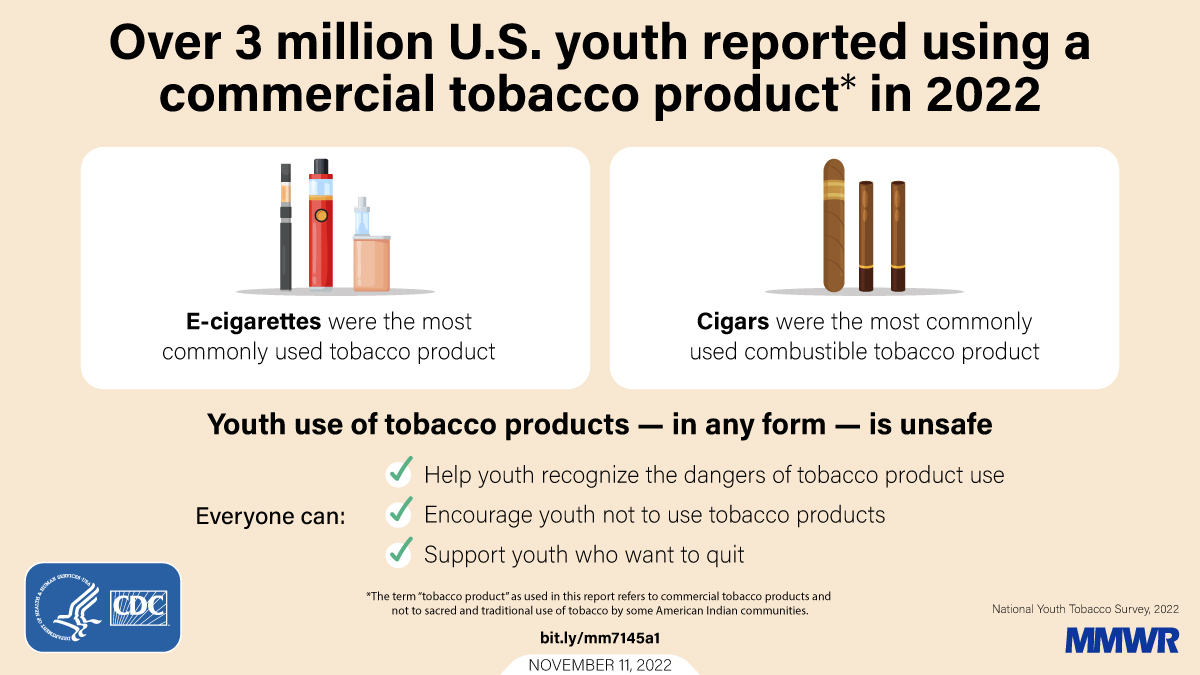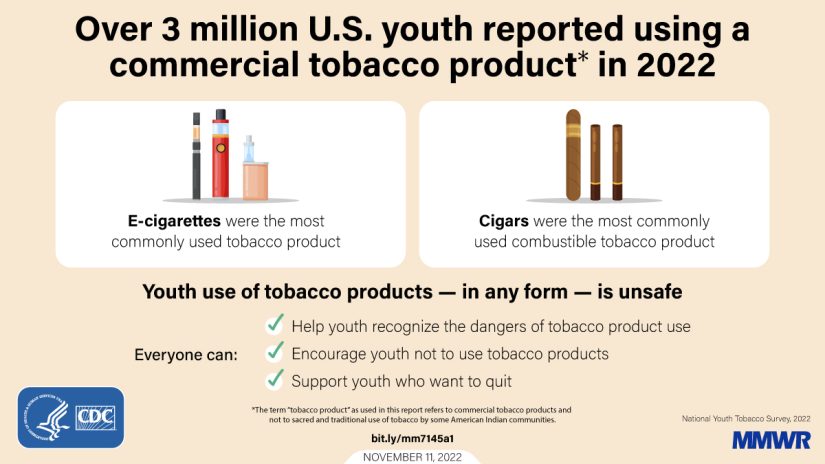
**What Amount of Money Do You Require to Feel Financially Secure or Affluent?**
Determining the amount of money needed to feel financially secure or affluent is a multifaceted issue affected by several elements, including geographic location, family size, and personal lifestyle. According to the **2025 Charles Schwab Wealth Survey**, Americans believe that a net worth of **$839,000** is essential to feel financially secure, up from **$778,000** in 2024. In contrast, the threshold for feeling affluent has fallen to **$2.3 million**, down from **$2.5 million** the prior year.
This reduction in the perceived wealth standard warrants a closer look, especially at a time when inflation typically drives monetary standards higher. Various reasons may explain why Americans now perceive a lower sum is necessary to regard themselves as affluent.
### Reasons Americans Require Less Money To Feel Affluent
#### 1. Lifestyle Inflation Has Reached a Limit
Increasing expenses in housing, healthcare, education, and everyday living have caused many Americans to rethink what “enough” really means. Instead of pursuing material wealth, individuals increasingly prioritize security and independence. For many, owning a home outright and achieving financial stability are deemed more important than amassing great wealth.
#### 2. Remote Work and Geo-Arbitrage Have Changed Aspirations
The growth of remote and hybrid work following the pandemic has led some to move to more affordable regions, allowing their financial resources to stretch further. Residing in areas with lower expenses implies that a net worth of $2.3 million can support an upper-middle-class standard of living, shifting wealth perceptions towards value rather than social standing.
#### 3. Wealth Now Encompasses More Than Just Finances
Cultural shifts favoring financial independence and intentional living have transformed the definition of wealth. The **FIRE movement** (Financial Independence, Retire Early) and minimalism emphasize the importance of freedom, health, and relationships over the simple accumulation of assets. Many now consider happiness and well-being as vital elements of their understanding of wealth.
#### 4. Stock Market Recovery Has Made Many Feel Richer on Paper
A recovery in stock markets has enhanced the paper wealth of many investors, creating a perception of increased wealth that aligns with diminished net worth expectations. Optimism about future market trends might also lessen concerns about lower wealth thresholds.
#### 5. Psychological Anchoring and Survey Fatigue
Participants in the Schwab survey may demonstrate confirmation bias, modifying their opinions based on recent economic moods. After enduring years of financial pressure and uncertainty, lower wealth expectations could signify resilience, with individuals feeling content with their current circumstances rather than seeking more.
### A Potential Redefinition of Wealth Is in Progress
While it seems that Americans require a smaller amount of money to feel affluent, the reality is more nuanced. Wealth in 2025 is increasingly defined by flexibility, security, and peace of mind. This change indicates a more balanced and mature perspective on financial health, though whether this redefinition will hold or is merely a temporary adjustment remains uncertain.
### My Perspective on What Is Necessary to Feel Affluent
Living in high-cost cities such as San Francisco and Honolulu significantly influences perceptions of wealth. For someone in these areas, figures like $2.3 million might not adequately convey a sense of financial stability. When adjusted for inflation, a historic net worth of about $3 million suggests that a modern target of roughly **$5 million** would be a more realistic starting point for those in expensive regions.
Ultimately, many individuals who achieve considerable financial milestones continue to pursue additional gains, motivated by personal aspirations or challenges. The quest for wealth can coexist with contentment—showing that the link between finances and well-being is complex.
### Conclusion
Discussions about how much money is required to feel affluent often generate varying viewpoints dependent on individual circumstances. It is crucial to understand how factors like geographical location, lifestyle, and changing perceptions collectively shape these definitions. Investigating these personal stories can yield valuable insights into the evolving realm of financial wellness.
Individuals should contemplate their financial aspirations, considering how their experiences and goals shape their perceptions of what it means to feel affluent. As the dialogue around wealth continues to develop, it offers a chance for individuals to determine their financial success on their terms.
